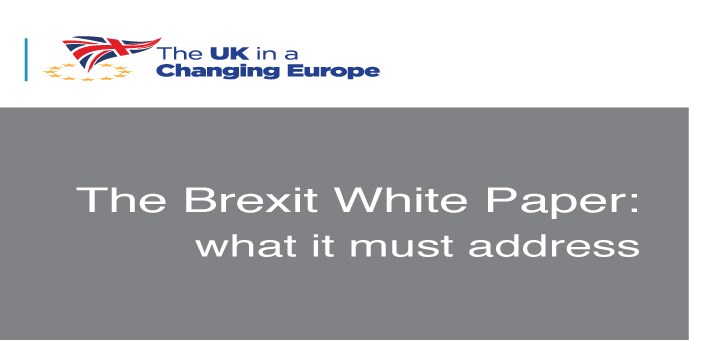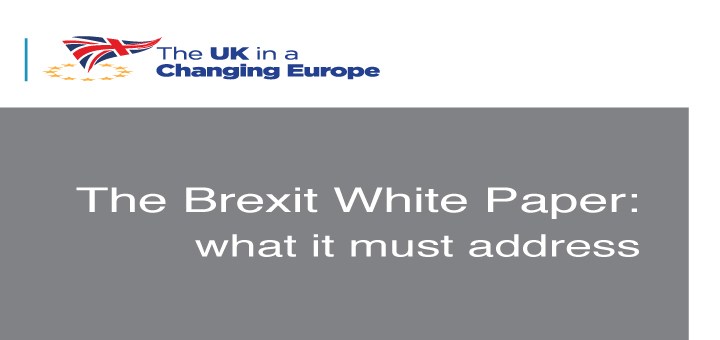
As part of their Brexit and fisheries project, UWS Academics Craig McAngus, Christopher Huggins, John Connolly and Arno van der Zwet, have recently published a contrition to the latest report by UK in a Changing Europe on what the Brexit White Paper should address.
The report – The Brexit white paper: what it must address (found here) – argues that the white paper must:
• resolve the trade-offs between: optimal economic policies, adherence to the government’s red lines and satisfaction of the EU’s demands
• provide a credible plan for a customs relationship setting out a proposal that is acceptable to the EU and is feasible both practically and financially
• address the trade off between regulatory divergence and trade barriers setting out not only how tariffs but also non-tariff (regulatory) barriers will be limited
• acknowledge and address the issue of the intra-Irish border proposing practical alternatives to the EU’s backstop solution (which requires Northern Ireland to remain in a customs union and fully aligned with the EU on goods)
• allow for continued North-South cooperation on the island of Ireland, which will need to include practical solutions in areas including the environment, health, agriculture and security
• address the often conflicting interests within and between sectors addressing the high levels of uncertainty afflicting a number of economic sectors including fisheries and agriculture
• choose its preferred model for managing the financial sector: recognise a trade-off between regulatory autonomy and access to EU markets in financial services and indicate what the choice will be
• propose what kind of governance and dispute settlement arrangement it wants and decide on the institutions it wants to govern future relations with the EU
• set out details on the future devolution settlement clarifying the UK’s own governance arrangements
• represent a significant improvement over the first Brexit white paper, which consisted of a series of highlights from the Lancaster House speech. Less policy prescription than a ‘greatest hits’ collection.
The report acknowledges the significant political constraints which the Prime Minister is having to act but emphasises the need to make choices nonetheless.
Equally, it argues that a bespoke deal – cherry picking parts of the single market with only partial oversight – is not on offer. This means the UK either has to shift its red lines or accept an inferior deal to the one that the Prime Minister has been selling for nearly two years.
The 15-chapter 36 page report was written by leading academics involved with The UK in a Changing Europe.


